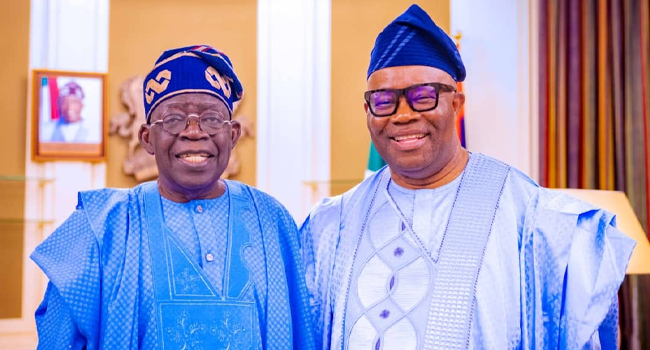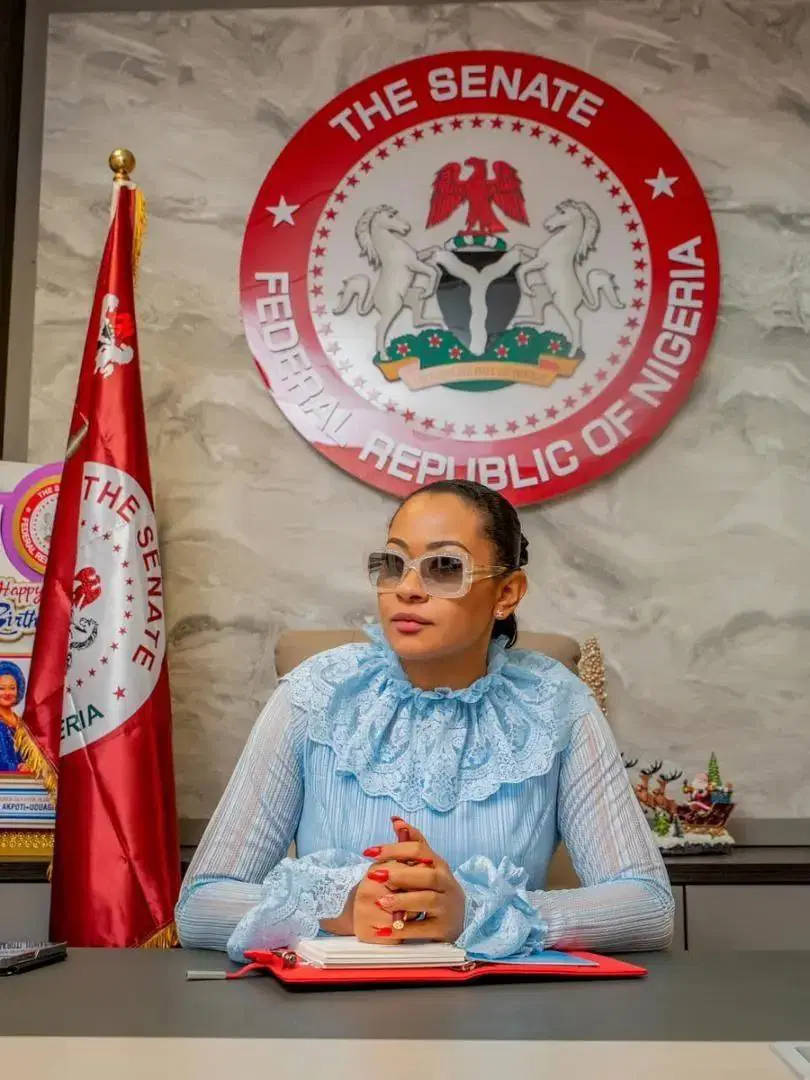Fury Erupts Over Alleged Christian Genocide: CAN Warns FG, Lawmakers Eye US Congress!

Nigeria's Senate, the nation's highest legislative body, is taking proactive steps to engage with the United States Congress regarding persistent reports accusing Nigeria of committing genocide against Christians. During a recent plenary session, Senate President Godswill Akpabio disclosed the proposal to establish an ad hoc committee to visit the US, aiming to interface with American lawmakers and present a balanced perspective on Nigeria's complex security challenges. This decision emerged from a heated debate on a motion sponsored by Senator Ali Ndume of Borno South and co-sponsored by 20 other senators, predominantly from northern Nigeria.
The urgency of this diplomatic engagement stems from a bill introduced in the US Congress in September, titled "The Nigeria Religious Freedom Accountability Act, 2025 (S. 2747)." Sponsored by Senator Ted Cruz and other US lawmakers, this bill seeks to classify Nigeria as a “Country of Particular Concern” for alleged violations of religious freedom. Furthermore, it mandates the US Government to identify and sanction Nigerian officials responsible for enforcing blasphemy laws. This measure is largely inspired by recommendations from the US Commission on International Religious Freedom (USCIRF), which has repeatedly urged the U.S. State Department to designate Nigeria as such. USCIRF reports often allege that Nigerian authorities have failed to protect religious minorities or punish perpetrators of sectarian violence, a narrative echoed by several international organizations and Christian advocacy groups, including Open Doors, which listed Nigeria among the top ten countries where Christians face severe persecution in its 2025 World Watch List. Recent incidents, such as the killing of five Christians by terrorists in Nogoshe village and three others in Mussa community, both in Borno State, were cited to underscore the gravity of the situation.
However, Nigerian officials and senators strongly contend that these claims are misleading and constitute a one-sided story. Senate President Akpabio emphatically stated that Nigeria’s security crisis should not be framed as a religious war, arguing that terrorist activities are aimed at destabilizing the country and preventing citizens from engaging in farming, rather than targeting any particular faith. He warned that US sanctions, driven by such misconceptions, would breed poverty that knows no religion. "If terrorism occurs in a Christian-dominated state, most people that will die there will be Christians. If it occurs in a Muslim-dominated state, most of those who will die there will be Muslims," Akpabio explained, emphasizing that Nigerians, irrespective of faith, have lost their lives due to insurgencies. He cited violence in the South-east, predominantly Christian, where killings by groups like IPOB are not religiously motivated, illustrating Nigeria's complex security landscape. He concluded that engagement with US parliamentarians is crucial to educate them and present the true situation.
Other senators echoed Akpabio's sentiments. Senator Ali Ndume highlighted that Nigeria’s unity relies on mutual respect, tolerance, and an accurate understanding of its complex realities, expressing concern that the "Christian genocide" narrative, though sometimes born from genuine humanitarian concern, is amplified by advocacy groups, creating negative perceptions abroad. He reminded colleagues that the 1999 constitution guarantees religious freedom and protection for all citizens. Senator Aliyu Wamakko branded the "Christian genocide" claim as misinformation capable of dividing the country, while Senator Sumaila Kawu cautioned that the US Congress risked taking an "uninformed position" that could endanger both Christians and Muslims in Nigeria. Senate Leader Bamidele Opeyemi affirmed the chamber's unanimous conviction that Nigeria's insecurity challenges are not religiously motivated. President Bola Tinubu and Minister of Information Mohammed Idris have also previously described allegations of religious genocide as unfounded, ignorant, false, and baseless, asserting that the country is built on the faith and resilience of its people.
Adding another critical voice to the discourse, the Christian Association of Nigeria (CAN), led by Archbishop Daniel Okoh, has called on the Federal Government to take decisive and equitable action to end the persistent killings and attacks on Christian communities, particularly in the North. While acknowledging the government's efforts against insecurity, CAN noted that the response to religiously targeted violence has often been slow or inadequate. Archbishop Okoh affirmed that many Christian communities have indeed suffered severe attacks, loss of life, and destruction of places of worship, underscoring the urgent need for government and security agencies to act decisively to protect every citizen regardless of region or creed. CAN has documented incidents of religiously motivated violence and engaged international partners, even writing to the International Criminal Court in The Hague. The association renewed its call for urgent, transparent, and equitable action to stop the killings, safeguard vulnerable Christian communities from displacement, and ensure perpetrators face the full weight of the law, warning that "The pain of Christian families torn apart by violence must never be treated as mere statistics." CAN urged Christian leaders to maintain restraint and unity, while also calling on authorities to apply justice fairly and ensure equal protection for all Nigerians, emphasizing that Nigeria’s healing depends on honesty, collective action, and the courage to face collective failures.
Senator Jimoh Ibrahim, during the debate, advocated for a complete review of Nigeria’s counterterrorism approach, emphasizing the need to understand terrorist tactics and practices and engage the executive on more effective counterterrorism strategies. The Senate has resolved to hold an executive session to discuss strategies for engaging international partners and correcting misconceptions about Nigeria’s religious landscape, affirming its commitment to promoting transparent communication, interfaith solidarity, and fact-based reporting to counter extremist propaganda.
You may also like...
Faith and Flag: Religion and the Foundations of Patriotism in African Societies
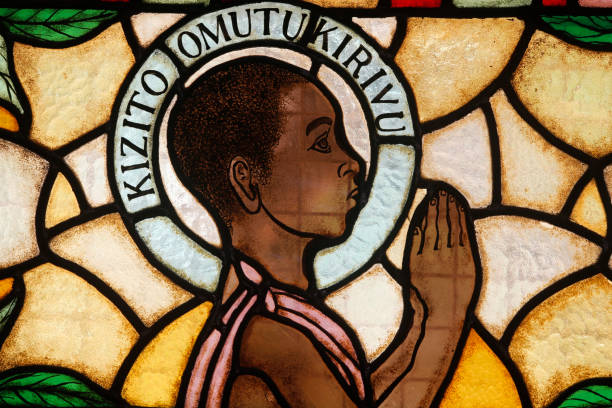
Faith and Flag: Religion and the Foundations of Patriotism in African Societies” explores how religion has shaped the mo...
Uber Driver or Arsonist? The Shocking Arrest Behind California’s Deadly Palisades Fire
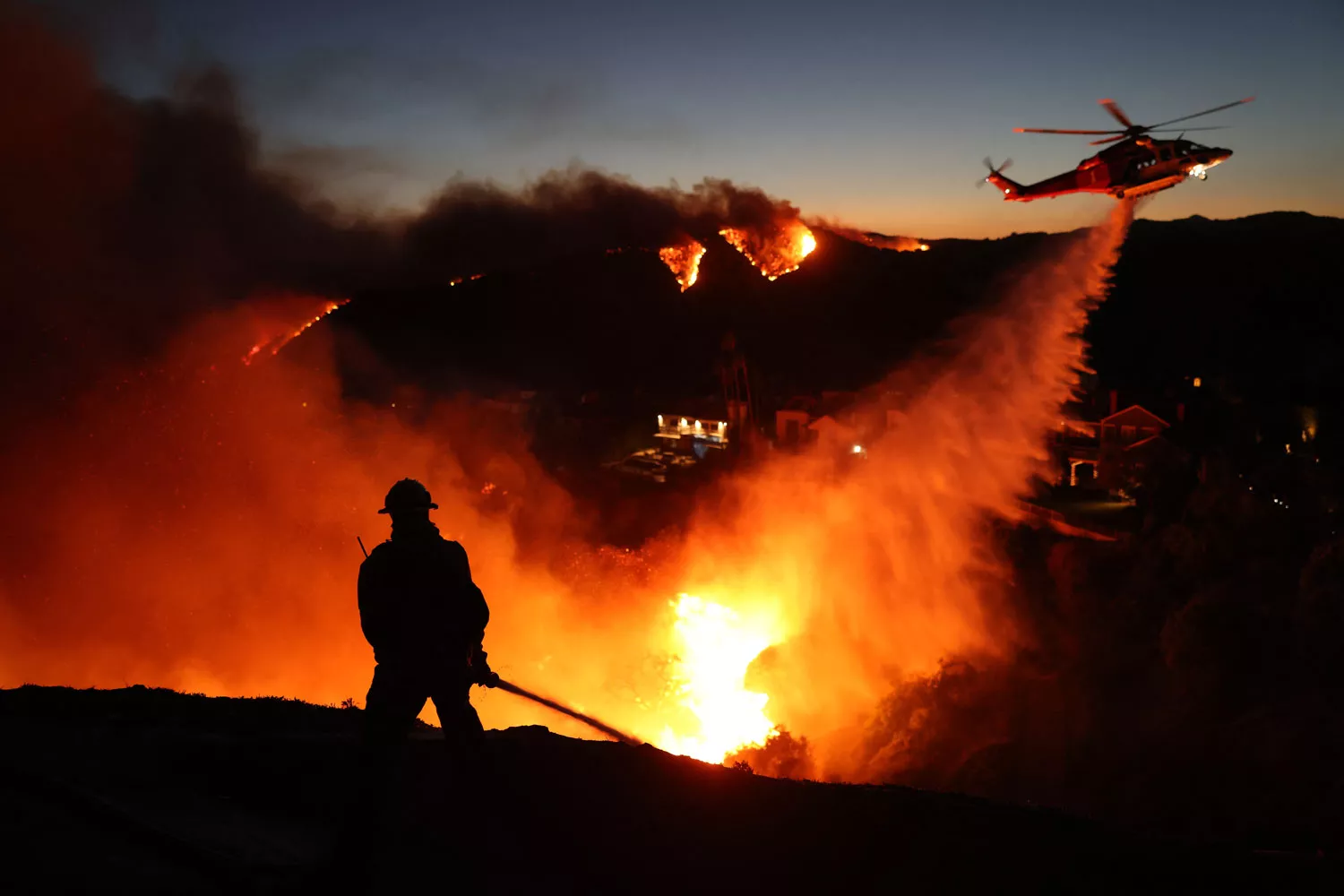
The Palisades Fire due to its destructive toll has etched its name in the record of most devastating fires to have ever ...
Fear vs Freedom: Raising Africa’s Next Generation

Across Africa, parenting has turned into a performance of perfection, Between fear, comparison, and control are we shap...
The New Couture Equation; Africa Redefines Fashion Luxury.
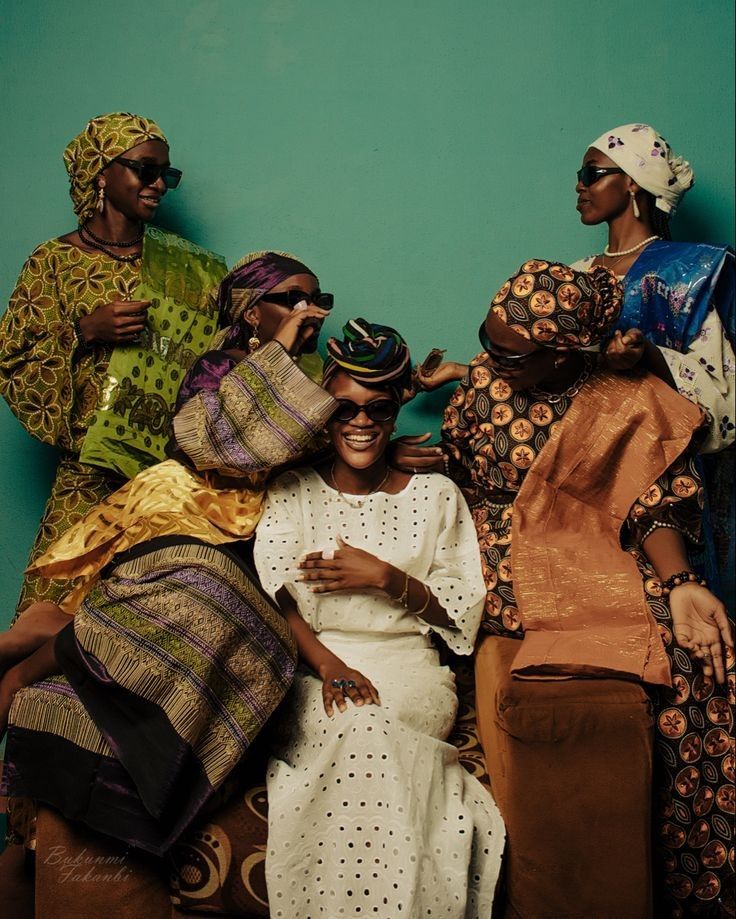
African Designers are defining a new era of luxury and global investment subsequently driving African fashion to the glo...
The Jollof Revolution: How Omoye Cooks Is Turning Nigeria’s Beloved Dish Into a Canvas for Creativit

Chef Omoye Cooks reimagines Nigerian Jollof with bold soup fusions, sparking a creative revolution in how we taste, see,...
Raising Emotionally Intelligent Children In a Fast Paced World.

Beyond grades and discipline, emotional intelligence is shaping the next generation. Here’s why and how parents can make...
Are We Cooked? The Rise of AI Images and Videos Blurring the Line Between Real and Unreal

AI-generated images and videos are becoming so realistic that the line between truth and illusion is vanishing. Are we w...
Luke Littler Dominates World Grand Prix Darts 2025, Shocks Fans With Next Move

Darts prodigy Luke Littler, 18, has been crowned World Grand Prix champion after a dominant 6-1 win over Luke Humphries,...

